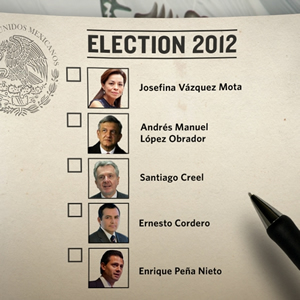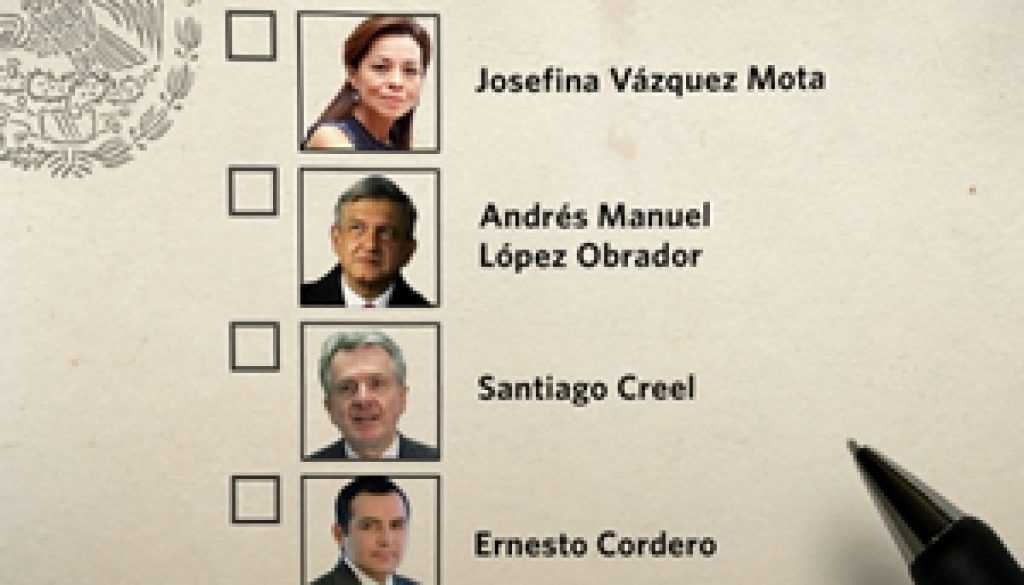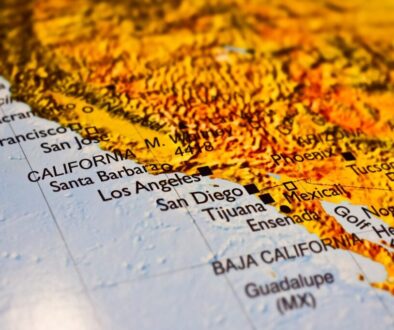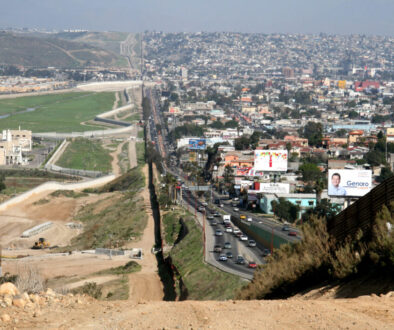Presidential elections preliminary results and perspective
 By Adina Moloman
By Adina Moloman
Sources: New York times, Center for American Progress
Sunday’s presidential elections in Mexico shows preliminary results, issued by Mexico’s electoral authorities, where Pena Nieto is on track to win over 37 percent of the vote, almost double the PRI’s score in the last election in 2006, Andrés Manuel López Obrador with 32 percent, while Josefina Vázquez Mota, had 25 percent.
Most voters seem too worried about the PRI returning, considering that 63 percent of the voters were not in favor of the PRI presidential candidate. Even when the final results will be announced this Wednesday, 4th of July, the PRI Party is celebrating the victory and the current Mexican President, Felipe Calderon, US President, Barack Obama and other heads of state congratulate Enrique Pena Nieto as president-elect. When the President Obama called Enrique Peña Nieto, it was reaffirmed the close bilateral partnership and the vision to expand the US –Mexico relationship, which was so far reduced to drug wars and anti-immigration laws.
The second in polls, Andrés Manuel López Obrador, said he would not concede and would challenge the results, he will submit evidence to authorities of fraud and vote-buying by the PRI Party.
In spite of the final result, in the past decade the Mexican society has undergone a radical change, with macroeconomic growth and the rise of a more educated middle class. Mexico has become a place with innovations and progress in different metropolitan areas; with a high-tech corridor and research centers in it, also developing a new local creative industry ranging from software design to movie promotion. The paradox of a country with low-unskilled workers in Mexico is gone, considering the shift to a skilled workforce raised around the Mexico Maquiladora Industry, with huge investments in different technological clusters (medical, electronic, aerospace, car manufacturing) etc.
With the progress reached so far it will be a difficult comeback of the old Institutional Revolutionary Party, whom for decades had been a symbol of corporatism, selective repression, and widespread bribery. This new more participative generation will oppose the old, resulting in a modern and open PRI, a party that has reinvented itself with a different philosophy and a different vision of democracy.





